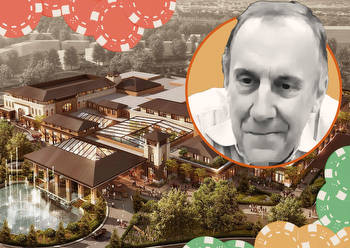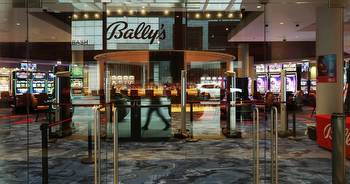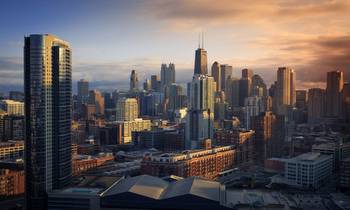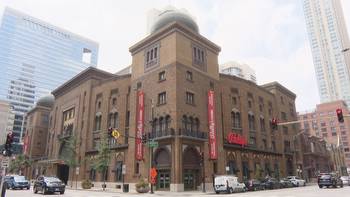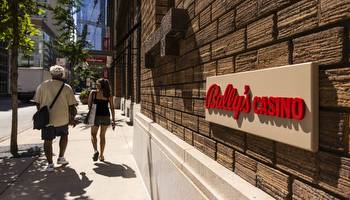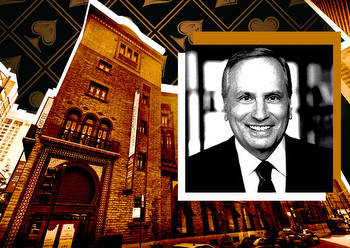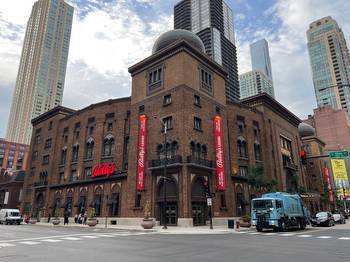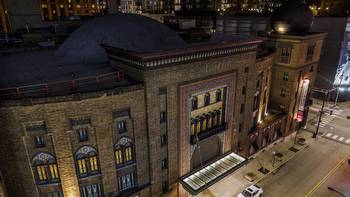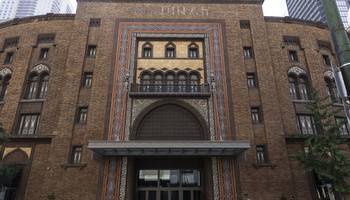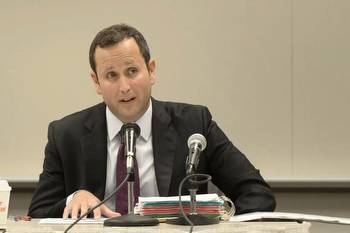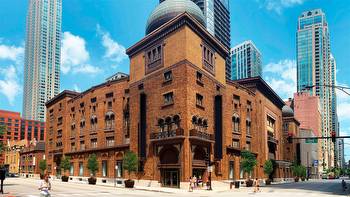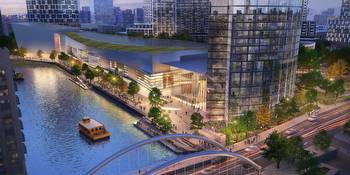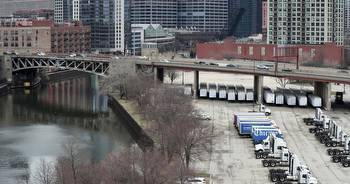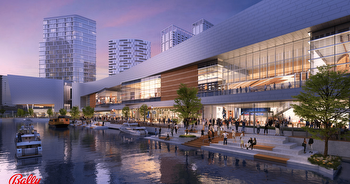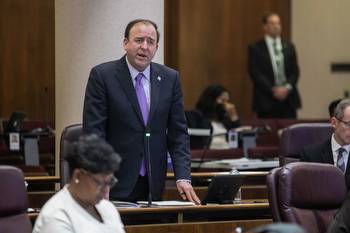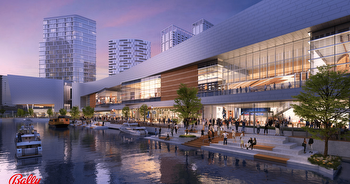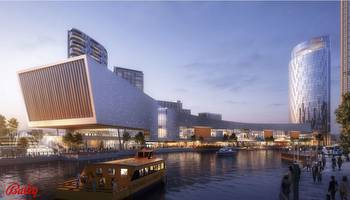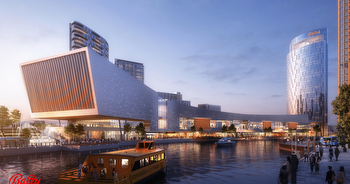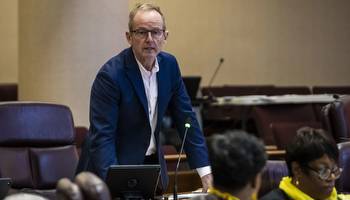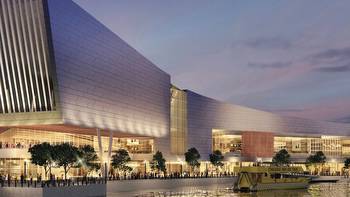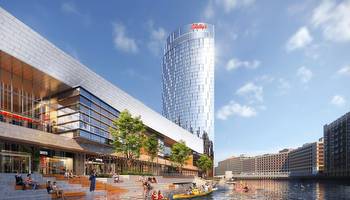Chicago Medinah Temple to be temporary casino despite opposition
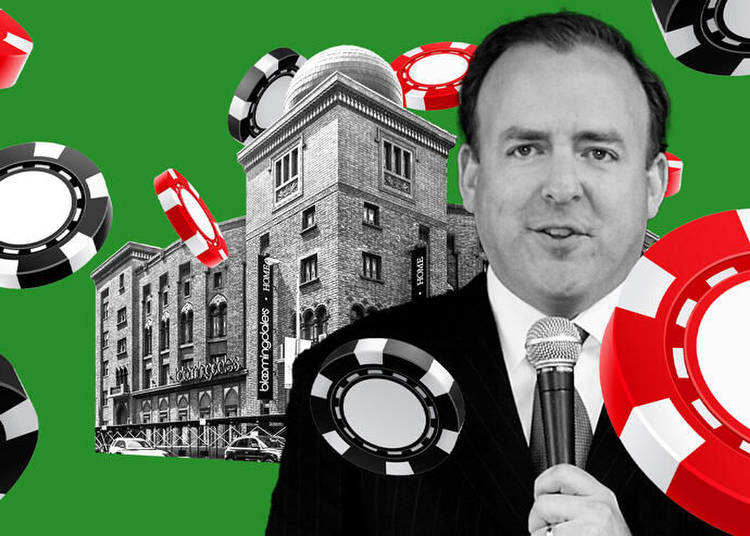
One week after winning a hard-fought campaign to develop Chicago’s first casino, Bally’s is learning that the city’s most-used nickname has less to do with Lake Michigan’s icy breeze than its bloviating politicians. Aldermen are up in arms and there’s even an allegation floating around that the mayor got bought off — for the chump-change sum of $6,000.
None of that should come as a surprise for Bally’s, which like rivals in the gaming industry has had to put up with its share of political maneuvering ahead of last week’s decision by Mayor Lori Lightfoot.
Yet the brouhaha that erupted over what is meant to be just a temporary gaming center while the real one is built underscores just how hard it is to push through major real estate projects — even when the mayor is on your side.
Lightfoot chose the 130,000-square-foot Medinah Temple and former Bloomingdale’s store at 600 N. Wabash Ave. as the site for the temporary Bally’s location while the company develops its $1.7 billion casino project on the Chicago Tribune Publishing Center in River West.
That was a detour from Bally’s original plan. The temporary casino site was initially at 700 West Chicago Avenue — a former Tribune advertising insertion plant that closed in 2012 — but was changed to the Wabash location at the urging of the city.
The building, which is owned by Chicago developer Friedman Properties, has been vacant for more than two years. Opponents have raised concerns that Friedman Properties CEO Albert Friedman donated $6,000 to the mayor’s campaign fund on March 22, according to the Chicago Tribune. Friedman didn’t respond to a request for comment.
Alderman Brendan Reilly, who represents the ward where the Medinah Temple casino would be located, called the idea “horrible,” during a hearing earlier this week. Reilly didn’t respond to a request for comment.
The city is seeking an exception to allow liquor to be served inside the building, though the site is in a zone that prohibits additional liquor licenses. Deputy Mayor Samir Mayekar said granting an exception for the casino would be similar to exceptions for the city’s sports stadiums like Wrigley Field, and said it was needed to reduce vacancies.
“No, that’s extraordinary,” Reilly said in the meeting. “The difference is this would be a brand-new casino in the middle of a mixed-use neighborhood downtown, whereas the stadiums … have been around for decades and in Wrigley’s case, a century, which long predates our liquor moratorium.”
Perhaps the greatest unknowns are what will happen to the building once the permanent casino is completed and what the terms of Bally’s agreement with Friedman are. It’s unclear whether the temporary location could become a permanent casino at the end of the lease.
Bally’s Chairman Soo Kim said Bally’s made inquiries about several sites city officials suggested, and the only one Bally’s could make a deal with was the Medinah Temple, though Kim was concerned about a lack of parking, according to the Chicago Tribune. Bally’s didn’t respond to a request for comment.
The permanent site also has residents up in arms. At a town hall meeting on Thursday, everyone who spoke — a total of 80 community members — was in unanimous opposition to the River West site, according to Crain’s. Much of the criticism stems from how the massive entertainment complex will disturb those already living in the neighborhood.
“You can see a pattern developing that the neighborhood does not want the casino,” Antonio Romanucci, a resident of River North, said at the meeting. “We are an older, established neighborhood community who have lived there for years and years to make it a neighborhood and now a casino is going to turn that upside down.”
Should the casino get city approval, Bally’s plans to open it in 2023, and anticipates opening the permanent casino in 2026.








